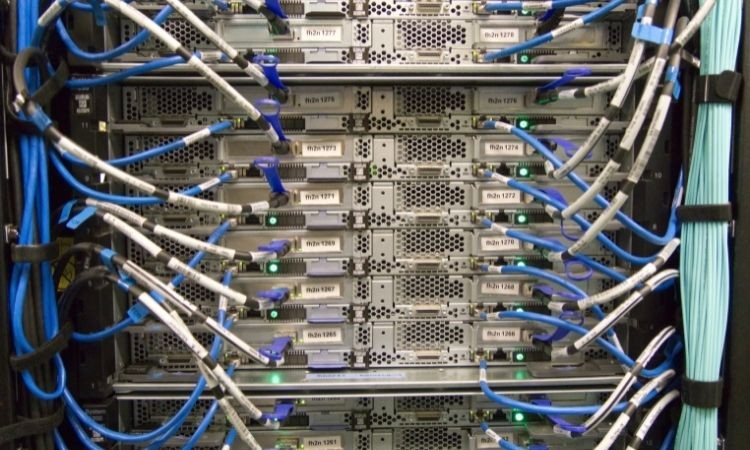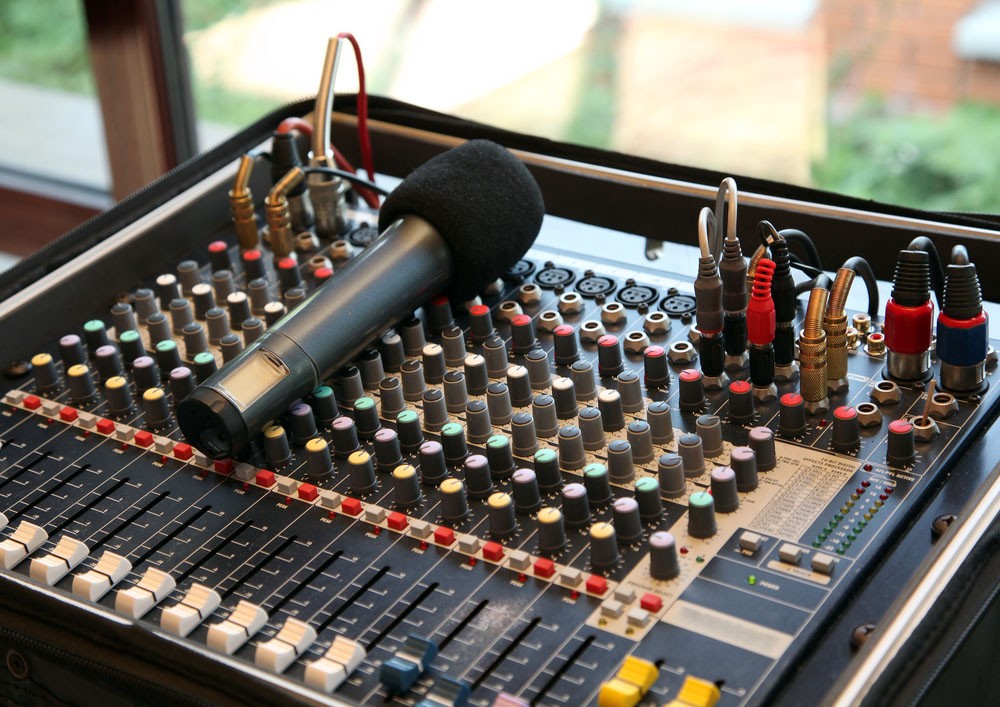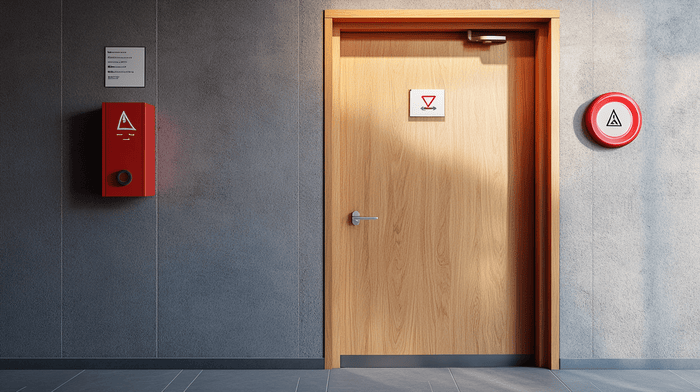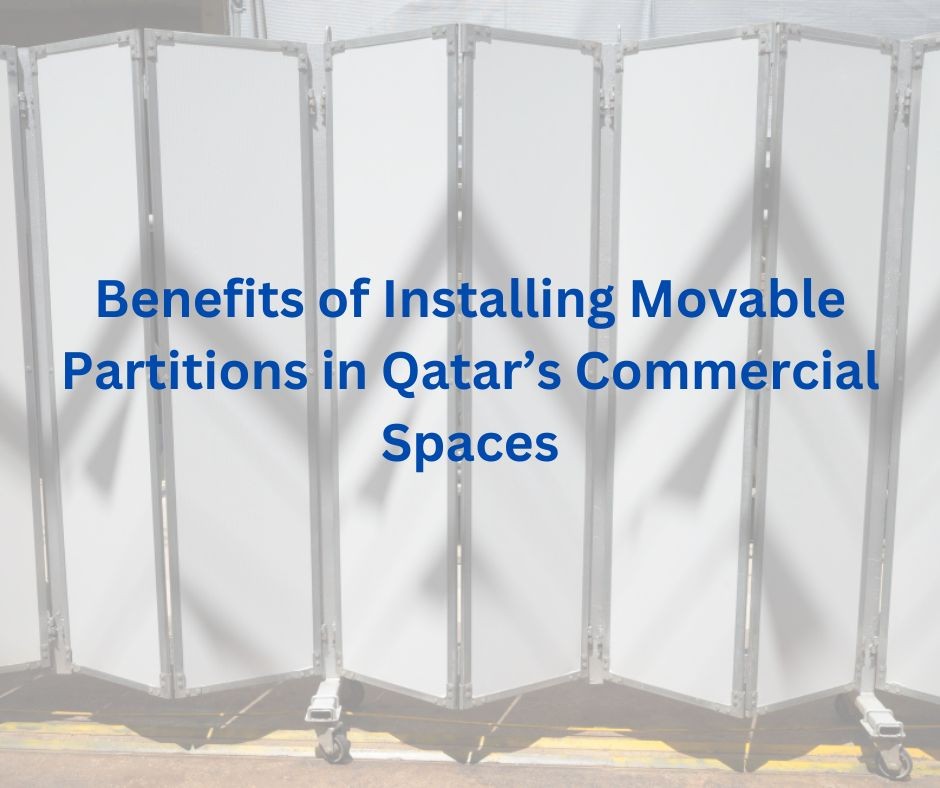Modern offices have immense digital networking and cabling needs and having a robust cabling network is becoming a must for all of them. While the rented office spaces in the cities offer the basic cabling infrastructure, the business operator still has to install and maintain the cabling network of different kinds.
On the other hand, if you are having your own building where you are planning to run an office, then establishing a strong, business-relevant and reliable cabling network is a must!
However, both situations call for careful consideration of the options available in the cabling and networking market and identifying the ones that are the right choice for your business.
Before we move on to our list of pointers to keep in mind while choosing a network cable, it is important to discuss some of the commonly used cables. This will help you understand the available choices in a better manner.
Types of Network Cables
There are different types of network cables available and each one has its own use. Here we are going to discuss those;
Coaxial Cable
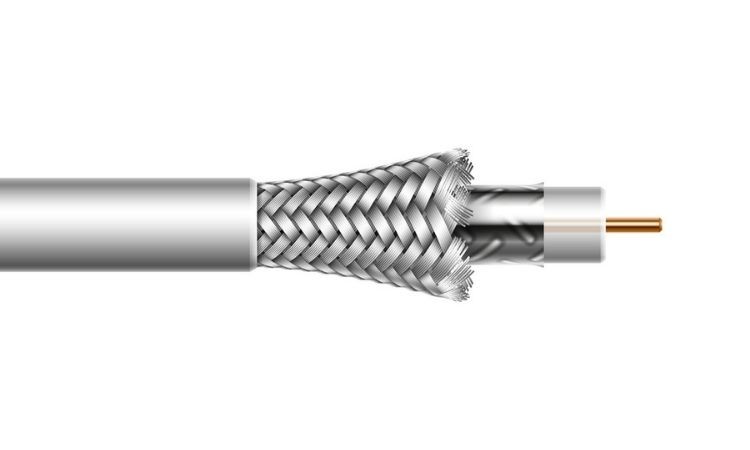
These cables have a single copper conductor in the centre that is covered by a plastic layer offering insulation between the braided metal shield and the central copper conductor.
Though the cables have complex installation, they are very resistant to signal obstruction and can easily handle long distances between multiple network devices as compared to a twisted pair cable.
Fibre Optic Cable
Fibre optic cables are now becoming a standard in the world of network cabling and are now offering bandwidth limits with Category 6 cables. These cables are used to connect different network segments, such as different buildings and floors. However, they are not yet used for wiring the entire network.
Fibre Optic cables use light instead of electricity to transmit signals and as light faces slight resistance, you require fewer signal boosters in your network.
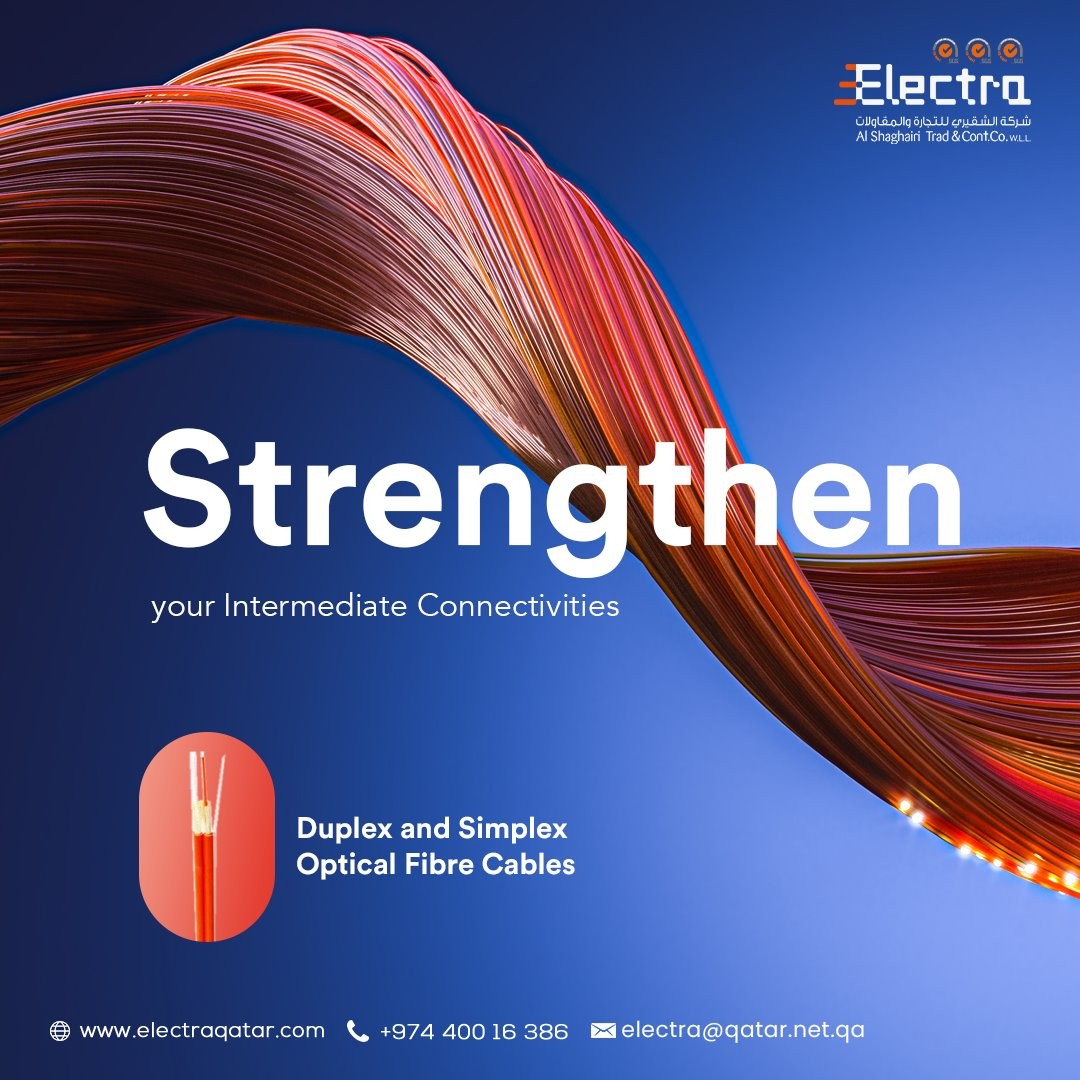
Buy fibre optic cables and accessories at the best price.
Shielded Twisted Pair (STP) Cable
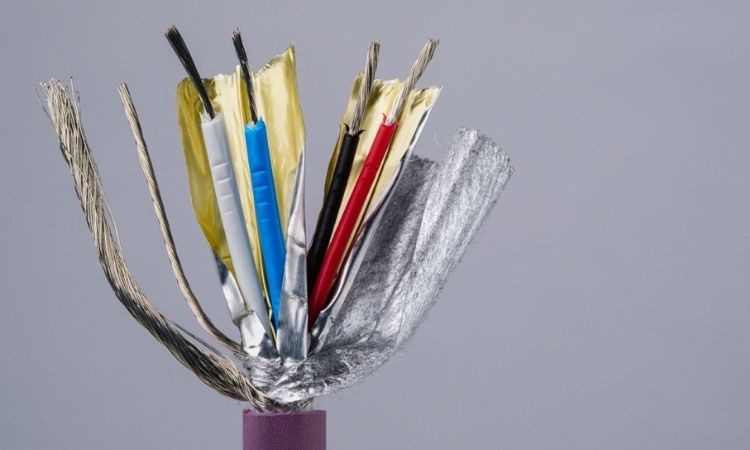
STP cable is just like copper telephone wiring that is used in business establishments. These cables have an external shield added over the regular twisted-pair telephone wire that works as a ground. This cable is ideal for installation in areas with potential interference and prone to the risk of electrical current in the UTP.
Unshielded Twisted Pair (UTP) Cable

UTP cables are some of the most used network cables for business setups as they are used for both - landline and computer networking.
There are various schemes for UTP cabling, such as:
- Category 5 (Cat5) cabling
- Category 5e (Cat5e) cabling
- Category 6 (Cat6) cabling
- Category 6a (Cat6a) cabling
- Category 7 (Cat7) cabling
Factors to Consider While Choosing a Network Cable for Your Business
Your ownership
If you are the owner of the building, you can easily opt for the underground wiring or other such options that allow you to have better aesthetics.
On the other hand, if you are renting the building, then you have to consult the owner first.
Network and data speed requirements
If your business can work well without high-speed network connections and doesn’t require complex networking, you can opt for standard cabling.
On the other hand, if you have a digital business that relies on the speed, robustness, and accuracy of an extremely well-connected network, then you have to choose cables accordingly.
Don’t know your requirements yet? Schedule a meeting with our expert team and we will help you out.
Book your slot
Understanding the primary technology requirements
Every business has a different set of technology requirements and the cabling requirements change on the same lines. If you need only basic cabling, then you don’t have to invest in high-speed network cabling.
Ethernet Cable Requirements
LAN networks are becoming increasingly popular these days. Residential properties with broadband have routers that offer Ethernet as well as WiFi. Generally, small office routers have four Ethernet ports, and large offices have dedicated Ethernet routers. In large offices, the Wi-Fi access points can be allocated as required.
Although Wi-Fi is advancing, Ethernet is also offering higher levels of performance. WiFi might be dependent on the location but Ethernet cables always offer reliable performance and are highly useful for home LAN as well.
Cable Performance and Compatibility
While most of the cables including the Ethernet cables are backwards compatible, meaning one category cable can be used and joined with the previous generation cable, it is always better to opt for the latest cables that will stay relevant for years to come.
Further, every category of cables have a different speed and signal carrying capacity. So, you must keep them in mind while opting for a specific cable for your company or business place.
As there are a number of major players in the network cabling sector, it is important to choose a reliable network data cable supplier after careful comparison of the top few ones. Electra is a top company in Qatar that provides efficient, top-quality ethernet cables suited for your needs at affordable prices.
If you have any questions, please reach out to us in the comment section and we will surely respond.

